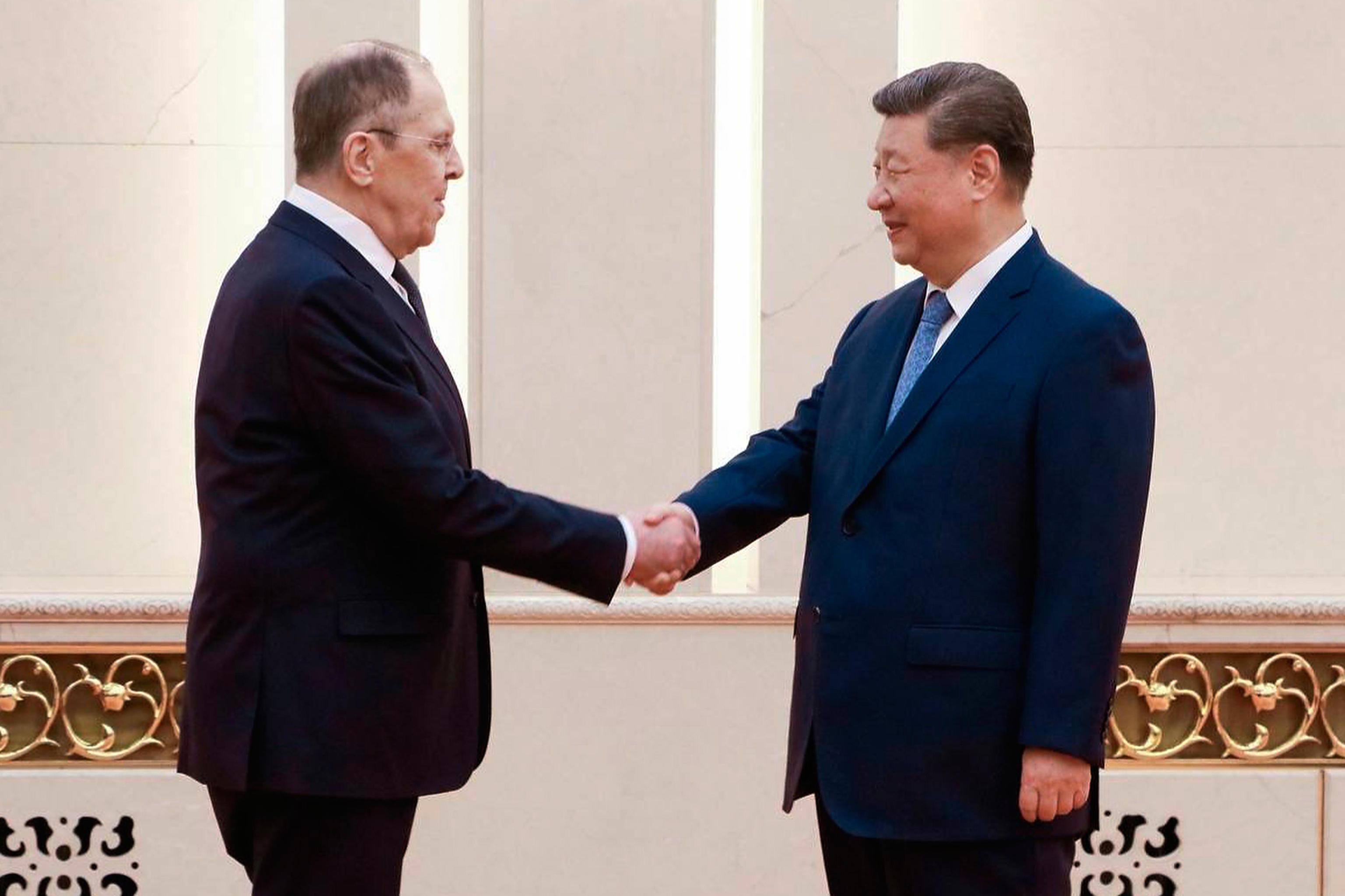In an interview shortly before the November 2024 US elections, Donald Trump argued that the United States, under Joe Biden's leadership, was responsible for the momentum in China-Russia relations. "Separating the two nuclear powers will be a priority of my Administration. I will have to separate them, and I believe I can do it," declared the Republican. Earlier this year, after his conciliatory first call with Vladimir Putin, the now US president reiterated the same in another interview on Fox News. "As a student of History, the first thing you learn is that you do not want Russia and China to ever unite," he emphasized.
For a while, when Trump seemed to have taken a clear pro-Russian turn on the war in Ukraine, many analyses from Washington suggested that he would try to distance Putin from his Chinese counterpart, Xi Jinping. In response to these statements, Chinese spokespersons, incredulous at the view conveyed by their rivals, insisted those days that the Beijing-Moscow partnership was stronger than ever.
This summer, while Trump is now threatening Putin with extending his trade war to Russia and announcing a weapons supply agreement with Kiev, the solid relationship between the Chinese and Russians remains intact, with the Asian giant providing economic support to help the Kremlin navigate Western sanctions. Trump has not only failed to create a rift between Xi and Putin but, judging by the latest diplomatic moves between Beijing and Moscow, both neighbors continue to row hand in hand in the same direction, one that aims to promote a new global order that is more multipolar and distant from US dominance.
The gestures between the two regimes are constant. On Tuesday, Xi Jinping met in Beijing with Russian Foreign Minister Sergei Lavrov, to whom he stated that both countries should "strengthen mutual support in multilateral forums" and work to "unite countries of the Global South and promote the development of the international order in a fairer and more reasonable direction."
These were some statements reported by Chinese official channels, while the Russian interpretation of the conversation indicated that they also discussed Putin's upcoming visit to the Chinese capital to join a military parade marking the 80th anniversary of China's victory in its resistance war against Japanese aggression during World War II.
Putin will reciprocate the visit Xi made to Moscow for the Victory Day parade. The Russian leader will also participate in a summit of the Shanghai Cooperation Organization (SCO) leaders, a group that China has long been trying to present as a counterbalance to Western-led blocs. This week, the top diplomats of SCO members held their annual summit in the Chinese city of Tianjin, bringing together Lavrov with Chinese Foreign Minister Wang Yi, Indian Subrahmanyam Jaishankar, and Iranian Abbas Araghchi.
The latest promises of support between China and Russia came hours after Trump's ultimatum to Putin regarding imposing "very severe" tariffs on Moscow if it does not resolve its war in Ukraine with a peace agreement within 50 days. In response to this threat, Beijing came to Moscow's defense, stating that Trump's "coercion" would not resolve the conflict. "China firmly opposes all unilateral illegal sanctions and long-arm jurisdiction. In a trade war, no one wins, and coercion and pressure will not solve the problems," declared a spokesperson for the Chinese Ministry of Foreign Affairs on Tuesday.
Since the large-scale Russian invasion of Ukraine began in 2022, Chinese leaders have made efforts to portray Beijing as a neutral actor in the conflict and a potential mediator for peace. The world's second-largest economy even presented a peace proposal that included respecting Ukraine's sovereignty, calling for a ceasefire, and acknowledging Russia's security concerns regarding NATO expansion.
Even some authoritative voices in the Chinese military have expressed willingness to send peacekeeping troops to Ukraine to help preserve any negotiated ceasefire between Moscow and Kiev. European leaders have repeatedly (unsuccessfully) urged the Chinese leader to use his influence over Putin and pressure his partner to end the war. Meanwhile, from Washington, there are frequent accusations that Beijing is selling Moscow dual-use technologies needed to fuel Putin's "war machine."
